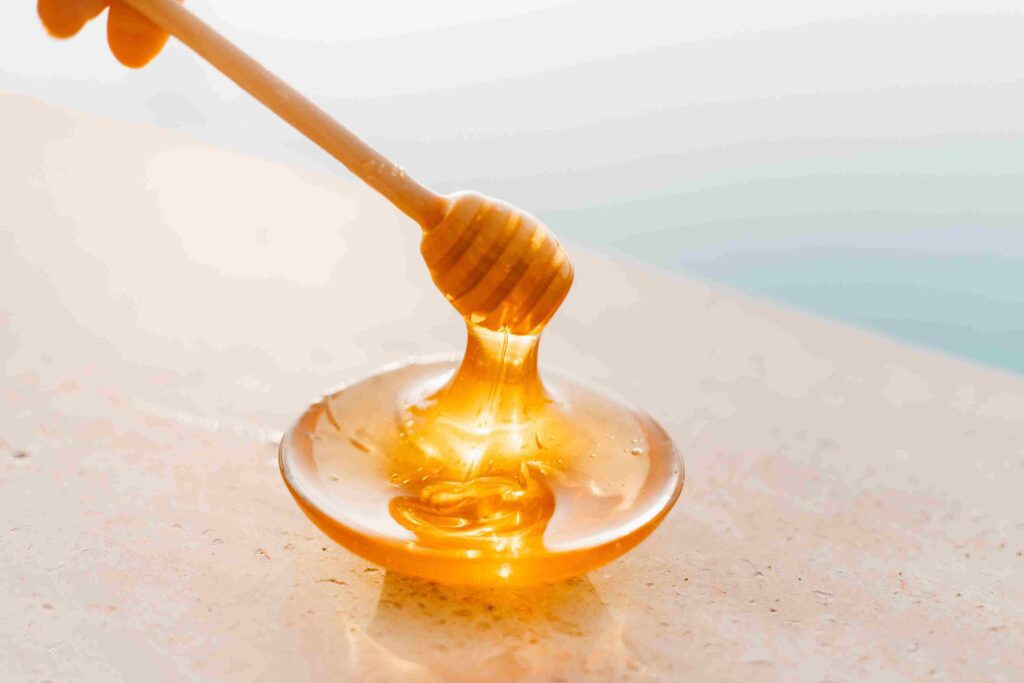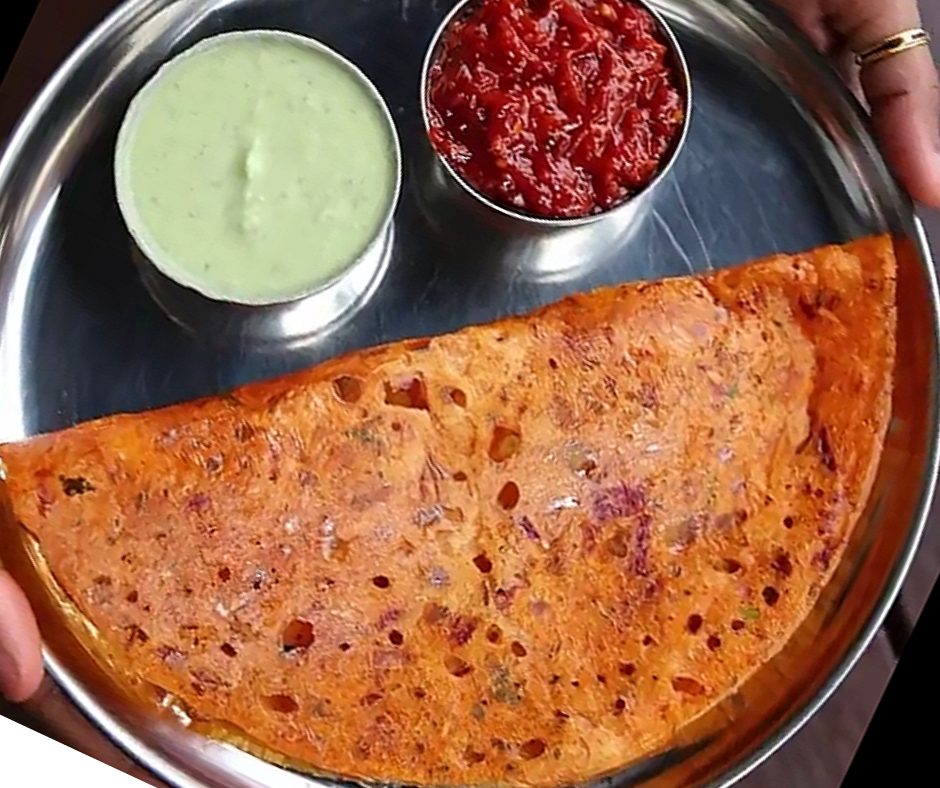Is honey good for people affected by diabetics? It’s one of the questions I genuinely find asking myself. Diabetics is a disease that can easily capture you. But it is extremely difficult to live with it once it gets a hold of you. Just like in the case of any lifestyle disorder, diabetics will require one to change their lifestyle altogether. That means, if you want to regain your health, then you will have to give up on your favourite foods and your favourite activities and make yourself acquainted with a more active lifestyle.
Along with all of these changes, one is also forced to give up on sugar too. This can be a huge blow for someone who depends on sugar to brighten their mood and day. That’s why we are trying to find out a good replacement for artificial refined sugar. It will not only help people with diabetics but will also reduce an individual from getting affected by diabetics. Anyway, today, let’s concentrate on a popular sugar replacement that is widely considered a healthier option than refined sugar, honey. Let’s try to understand whether or not honey is actually good for diabetic individuals.
More about honey
Honey is often considered a more natural and less processed alternative to refined sugar. It for sure offers some potential benefits over white sugar.


- Sweetness and flavour: Honey is sweeter than refined sugar. It also has a distinct flavour that can add complexity to recipes.
- Nutritional content: Honey contains small amounts of vitamins, minerals, and antioxidants in it. Although it contains trace amounts of beneficial compounds, their overall health impact is insignificant.
- Glycemic index and blood sugar response: Honey has a slightly lower glycemic index than white sugar. That means honey will only cause a slower and less dramatic increase in blood sugar levels. This is ultimately what decides whether or not honey is good for diabetics. However, it still contains carbohydrates and will affect blood sugar levels. So, does that means honey is not good for individuals with diabetics? Well, we will get into it.
- Caloric content: Honey is slightly denser in calories than refined sugar. While the difference is insignificant, it’s worth considering if you’re watching your calorie intake.
So, now as we have learned about the various properties of honey, it’s time to understand whether or not honey is an excellent replacement for individuals with diabetics.
Is honey good for diabetics?
While normally, one can consider honey as a healthy and better replacement for sugar, the same cannot be said about diabetics. Just like in the case of sugar, individuals with diabetes have to be cautious when considering honey as a replacement for refined sugar. Although honey has a lower glycemic index and may cause a slower rise in blood sugar compared to white sugar, it still contains carbohydrates and can affect blood sugar levels.
Yes, honey does offer some potential health benefits, like antioxidant properties. It also contains trace amounts of vitamins and minerals. But these benefits are not significant enough to outweigh its impact on blood sugar levels. So, individuals with diabetics must focus on managing their carbohydrate intake and monitoring their blood sugar levels carefully.
So does that mean that once affected by diabetics, you will have to say bye to the sensation of sweetness forever? Well, not necessarily. There are some sugar replacements that are considered to be healthy for diabetics individuals. But unfortunately, honey is not a good sugar replacement for diabetics. Now, let’s look at some of the healthy sugar replacements a diabetics individual can turn to.
Healthy and safe sugar replacement for diabetic individuals
- Artificial sweeteners: Artificial sweeteners such as saccharin, aspartame and sucralose are non-caloric or low-calorie alternatives to sugar. They do not significantly affect blood sugar levels and can be used in moderation. These sweeteners are widely available and commonly used in sugar-free or “diet” products.
- Sugar alcohols: Sugar alcohols, like xylitol, sorbitol, and erythritol, are often used as sweeteners in sugar-free or “no sugar added” products. They provide fewer calories than sugar and have a minimal impact on blood sugar levels.
- Natural sweeteners: Some natural sweeteners, such as stevia and monk fruit extract, can be considered alternatives to sugar. These sweeteners are derived from plants, have minimal impact on blood sugar levels, and provide little to no calories. That reminds me about the excellent sugar replacement option you can use, Nutriplus Stevia.
Nutriplus Natose Stevia


This will be the perfect partner to assist you in your fight with added sugar. This alternative to sugar is a natural sweetener almost 40 times sweeter than sugar. This amazing product is created from the liquid extracts of Stevia plant leaves. And do you know what is even more, better than that? Nutriplus Natose Stevia has zero calories, meaning this product will not appear on that unhealthy food chart.
Yes, I am sure about it. How can a natural sweetener with zero calories and GI appear on an unhealthy food chart? It is impossible. Moreover, this partner doesn’t have any added flavour in it. The fact it is heat stable also comes as a plus point. The antibacterial properties of the product boost its resume, right? So, if you are looking for a healthy sugar replacement that is good for diabetics individuals, even though honey can’t helps you, Nutriplus Stevia can. Grab it and make your life sweet and happy once again.
Also Read:
Is Sugar cane a Good Sugar Alternative for Diabetic Individuals?





